Pay-per-Task versus Pay-per-Hour: Unpacking the Benefits of a Task -Based Payment Model
- Traxlo
- Jun 1, 2023
- 2 min read
The rise of the gig economy has brought with it an innovative approach to compensation: the pay-per-task model. This alternative to the traditional hourly wage model comes with unique benefits that are driving businesses, particularly those in the retail sector, to adopt it. Here we dive into the reasons why a pay-per-task model, such as the one offered by Tasku, could be a more advantageous choice.

Enhanced Productivity
One of the most significant advantages of the pay-per-task model is the boost in productivity. Workers are motivated to complete tasks quickly and efficiently because their earnings are directly tied to their output rather than the time spent. This dynamic results in a focus on results and performance, which can improve overall productivity.
Greater Flexibility
The pay-per-task model allows gig workers the flexibility to choose when, where, and how much they work. This freedom can lead to a better work-life balance, which can result in higher job satisfaction and reduced stress levels. For businesses, this model offers the ability to scale up or down as required, meeting varying demand levels without the need to adjust hourly work schedules or manage overtime.
Cost-Effectiveness
From a business perspective, the pay-per-task model can be more cost-effective than the pay-per-hour approach. Businesses pay only for the completed tasks, which eliminates the expenses associated with idle time or inefficiency. In this way, businesses can better predict and control their labor costs.
Quality Assurance
With the pay-per-task model, the emphasis is placed squarely on the output. This focus means that workers are incentivized to deliver quality results. After all, only completed and properly executed tasks will be compensated. This emphasis on quality can lead to higher standards of work, benefiting businesses and their customers alike.
Encouraging Innovation
When pay is tied to task completion, workers have an incentive to find more efficient ways to accomplish their tasks. This drive can lead to innovative solutions that improve work processes, benefiting both the worker and the business.
While the pay-per-task model may not be suitable for all businesses or industries, it offers clear advantages for the gig economy and industries like retail, where tasks are varied and often independent. Tasku's successful application of this model in providing services to supermarket retail chains and FMCG brands highlights the potential and versatility of this approach. As the workforce landscape continues to evolve, it's clear that flexible and innovative compensation models will play a critical role.
